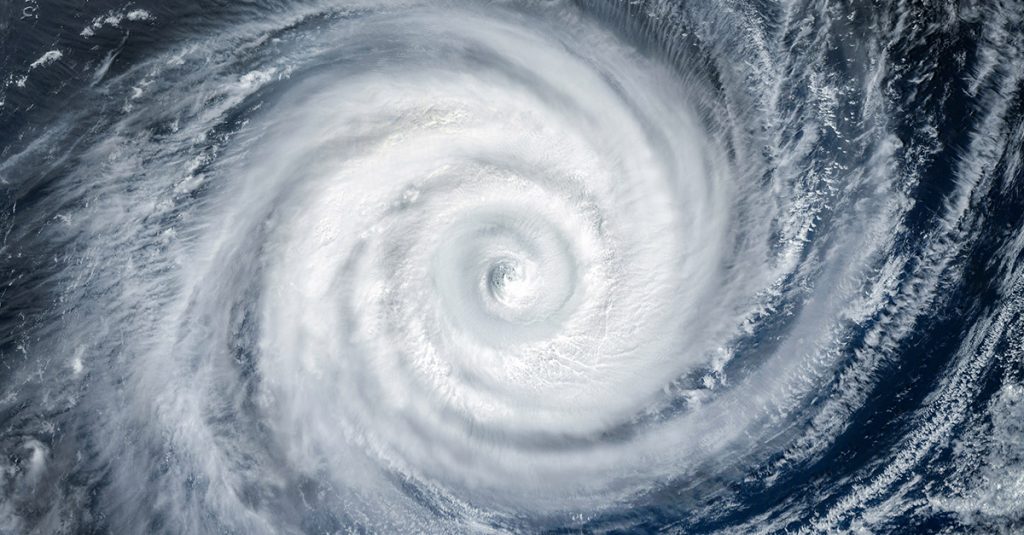Florida’s travel sector is under significant strain as Hurricane Milton approaches, forcing flight cancellations and cruise diversions. The storm’s intensity has led to widespread warnings.
With winds reaching 150 mph, the hurricane is expected to cause unprecedented damage. Airlines and cruise lines are prioritising safety, altering schedules significantly.
Flight Disruptions and Cruise Diversions
Hurricane Milton, a rapidly intensifying storm, is causing significant disruptions in Florida’s travel sector. With winds reaching up to 150 mph, airports in Tampa and Orlando have suspended numerous flights. Tampa airport closed operations at 9 a.m. on Tuesday, followed closely by Orlando International at 8 a.m. Wednesday. Meanwhile, Orlando’s Melbourne airport remains operational, emphasising the varying impacts across the region.
The cruise industry is also facing challenges as companies reroute ships to ensure passenger safety. Carnival Cruise Line and Royal Caribbean International have adjusted itineraries for multiple ships, prioritising safety in response to the storm’s path through the Gulf of Mexico and its potential devastating impacts on scheduled ports of call.
Warnings from the US National Hurricane Centre
The US National Hurricane Centre has issued stern warnings regarding the anticipated devastating hurricane-force winds along Florida’s west coast as Hurricane Milton approaches. Forecasters highlighted that Milton might become one of the most destructive hurricanes in recent Florida history, especially threatening the Tampa area.
According to statements issued via X/Twitter, the National Weather Service indicated an increasing risk of life-threatening storm surges and damaging winds, which are expected to commence on Tuesday night or early Wednesday. Residents are advised to heed evacuation advice provided by local officials.
Historical Context and Recent Events
The threat of Hurricane Milton comes at a time when Florida is still reeling from the recent devastation of Hurricane Helene, which tragically resulted in over 225 fatalities just days prior. This context underscores the recurring nature of hurricanes and the urgent need for effective disaster preparedness in the region.
Many areas of Florida experienced severe flooding and property damage due to Helene, highlighting a critical vulnerability and the necessity for improved infrastructure and emergency response capabilities to better protect residents and minimise damages in future hurricane events.
Past experiences with hurricanes reveal a pattern of increasing intensity and unpredictability, prompting meteorologists and disaster experts to advocate for enhanced forecasting technologies and more robust community education programmes to mitigate risks.
Impact on Aviation and Cruise Operations
In anticipation of Hurricane Milton, aviation authorities are implementing stringent measures. Flights have been cancelled, and airlines have issued travel advisories to passengers, causing widespread disruptions. Crews at the Greater Orlando Aviation Authority are intensifying storm preparations, underscoring the severity of the situation and the priority placed on traveller safety by the aviation industry.
Similarly, major cruise lines such as Carnival and Royal Caribbean are making necessary adjustments to their itineraries. Ships have been rerouted to avoid the hurricane’s destructive path, with cruise operators maintaining close communication with weather agencies to ensure the well-being of their passengers and crew.
Government and Industry Response
In response to the imminent threat posed by Hurricane Milton, the Foreign Office has issued travel alerts warning of hazardous conditions expected along the northern coast of Mexico’s Yucatan Peninsula. Officials anticipate life-threatening storm surges and damaging waves in these areas.
Both government agencies and private companies are leveraging advanced weather monitoring tools to assess the hurricane’s trajectory and potential impacts. This proactive approach aims to safeguard lives and mitigate damage by coordinating evacuation plans and implementing emergency protocols where necessary.
Preparation Efforts and Safety Measures
Local authorities are collaborating closely with national agencies to coordinate evacuation efforts and implement safety measures. Public advisories stress the importance of preparedness and encourage residents to secure properties and stock emergency provisions.
The aviation and cruise industries, crucial to Florida’s economy, are demonstrating resilience and adaptability in the face of potential disasters. By prioritising safety and adjusting operations, these sectors aim to minimise the impact of such natural events on businesses and travellers alike.
Through a combination of proactive strategies and effective communication, stakeholders continue to mitigate risks associated with Hurricane Milton, positioning Florida’s travel sector to respond more efficiently to future challenges.
Consequences for Local Communities and Tourism
The immediate threat of Hurricane Milton has prompted local communities and businesses to brace for potential impacts. Tourism, a key economic driver in Florida, faces potential setbacks as natural disasters disrupt regular operations, posing challenges for recovery and sustainability.
As Hurricane Milton continues to approach, Florida braces for profound travel disruptions. The coordination between government and industries showcases resilience.
Despite the challenges brought by natural disasters, the focus remains on safety and effective response strategies to protect lives and livelihoods.

